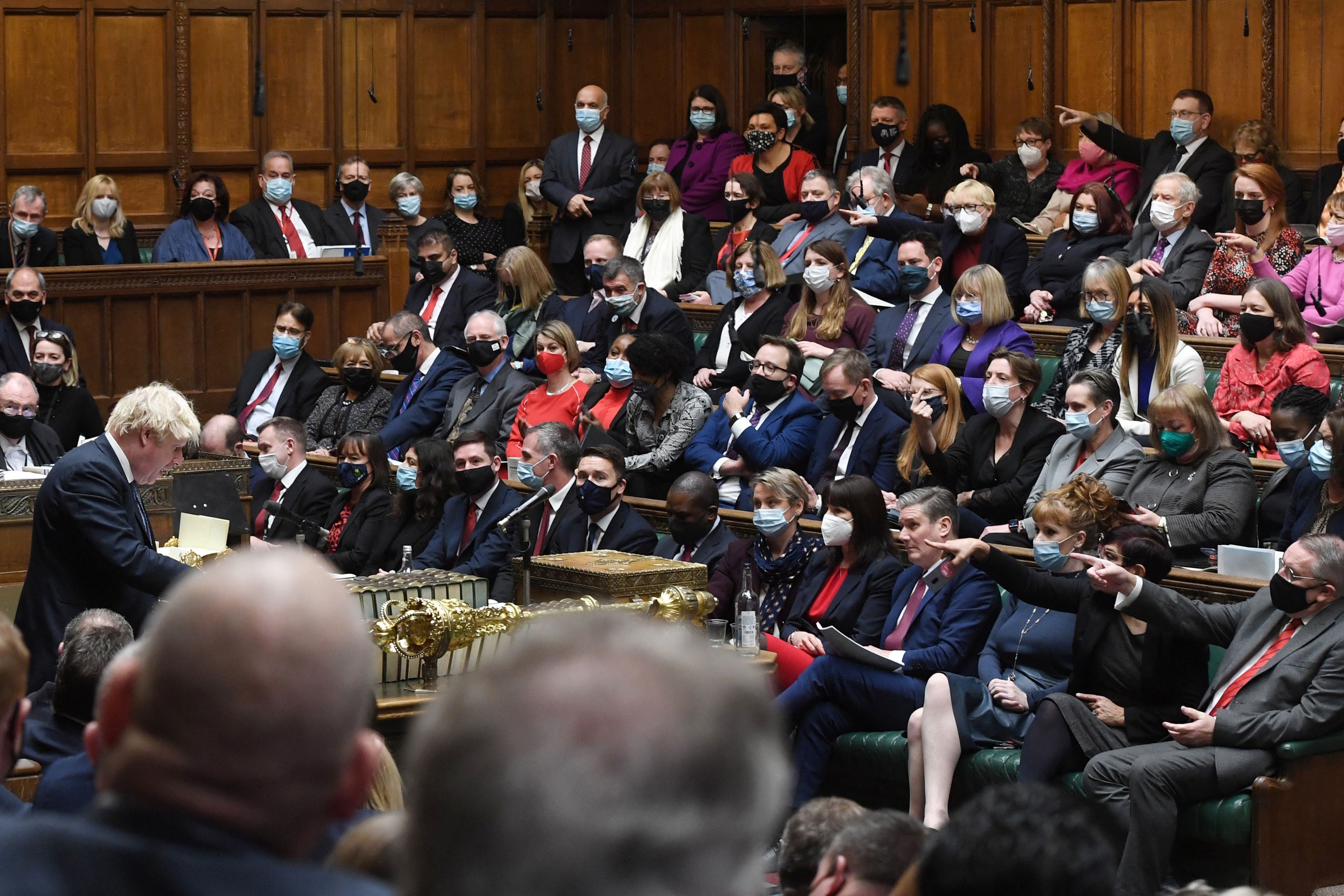How party politics became a fractious affair
As the Tories rebel against plan B, Sean O’Grady looks at previous revolts

The sizeable Tory parliamentary rebellions on the plan B proposals – there were three different measures that particularly irked the MPs – have to be set in some context.
The Conservatives have become a party of factions, serial plotters and rebels. Go back in history far enough and you’ll discover the famous old aphorism that the loyalty is the Conservatives’ secret weapon. Throughout the Macmillan government (1957-63), for instance, the government didn’t lose a single vote. Under the often turbulent Thatcher years rebellions were few, and on relatively minor measures, such as Sunday trading. Even under John Major’s long torture, his often minority government still managed to get difficult legislation, not least the Maastricht Treaty, onto the statue book, albeit sometimes saved by opposition parties.
Nowadays, rebelling is almost routine, and even a working majority of 80-plus is no defence. Once a backbencher tastes the forbidden fruit of travelling though the “wrong” lobby there can be no going back. So far the second Johnson (majority) government has lost or pulled a variety of votes, especially on free school meals and universal credit. Yet this latest defiance is the most serious. Why so?
Subscribe to Independent Premium to bookmark this article
Want to bookmark your favourite articles and stories to read or reference later? Start your Independent Premium subscription today.
Join our commenting forum
Join thought-provoking conversations, follow other Independent readers and see their replies